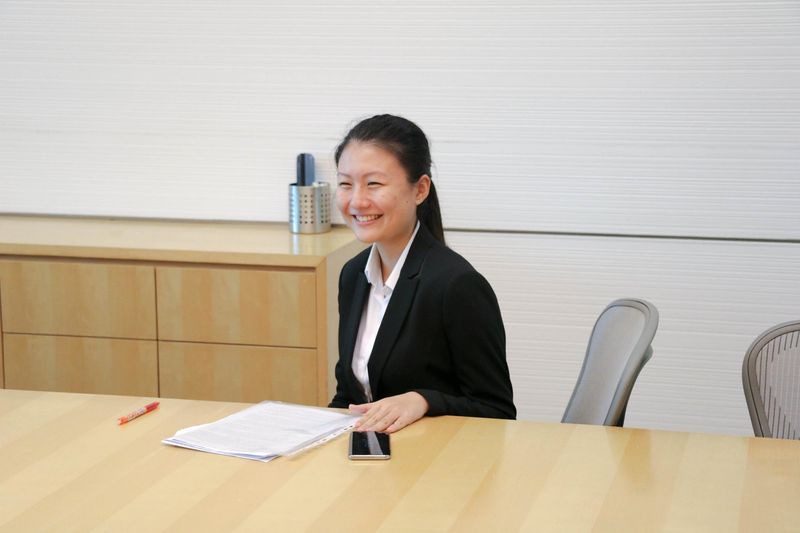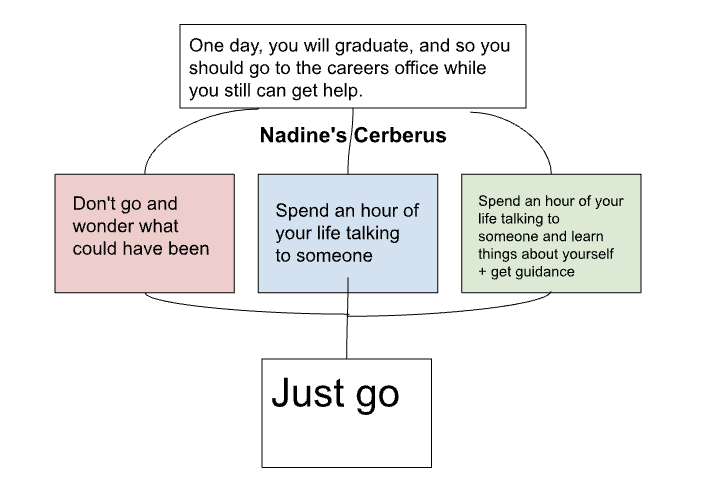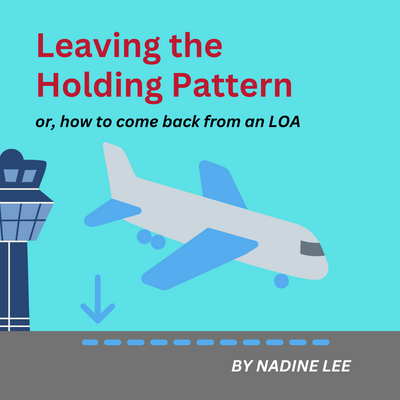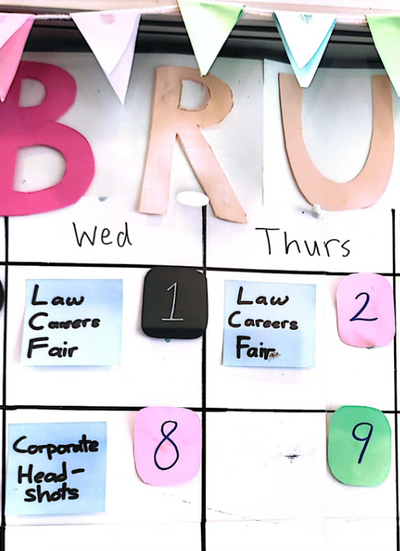Heart-racing, palms sweating, mind spinning — does this sound familiar to you? No, I’m not describing the average guy before he confesses to his crush, I’m just describing what the average person feels like before he enters the room for his first moot. Mooting can be an overwhelming yet enriching (or so they say) experience, and the stories that we hear about it often leave us wondering: how would it feel to actually go for a moot ourselves?
So, I am going to share my first moot experience as a bright-eyed (see: confused) year one who has had an impressive repertoire of a whopping five weeks’ worth of law school training under her belt, who had the misfortune (?) of being the appellant for the first round of my moot.
It all began with “Eh, are you signing up for the Mallal Moot?”
“Sounds interesting,” I thought to myself, and I promptly filled in my particulars on the sign-up page without a second thought. “I could probably cower in a corner and choose not to speak if I wish.” I had mistakenly presumed. As soon as I closed my browser, I tossed the sign-up to the back of my mind, relegating it to a corner of little significance. It had sounded just like one of those “interesting” Wednesday talks with “FREE LUNCH PROVIDED” back then. Little did I know what I had gotten myself into.
The real gist of it kicked in during one of my LARC lessons. “DING!” I had received an email. Eyelids drooping, I clicked on the notification, which made my eyes widen in shock.

Here’s what ‘a nightmare that one cannot wake from’ looked like to me back then
For one, what on earth was this foreign looking term – “M-E-M-O-R-A-N-D-U-M”? I knew deep down inside that it surely was something nasty, only to learn in a few days’ time that it actually spelt ‘my worst nightmare’. I was effectively barred from pulling out, due to the severe sounding clause, “Please also be reminded that pulling out from the moot after registration, without good reason, may result in blacklisting for future events organised by the MDC.”
My anxiety reverberated through the entire LARC class and my ever-so kind TG-mates offered differing opinions on whether I should pull out or to just go with the flow (and get my head bitten off at the moot). After two days of contemplation, I decided to just grit my teeth and bear with it. I mean, how bad could it get, right? At most the judges would be as unforgiving and unrelenting as the nasty Night Court judges, and I could just pepper my submissions with “Apologies, Your Honour” in attempt to wriggle off the hook.
“There is a fine line between bravery and stupidity.” — TERESA SLATER
The main issue of the 2017 Mallal Moot problem was “Whether the duty of care of the employer to the employee extended beyond the physical work space to the online realm.” And the novel scenario painted was one of a school teacher who experienced cyber-bullying, resulting in her losing the mental ability to teach and subsequently suing the school for not taking the necessary steps to make her feel supported.
It was clear that this was a case of pure psychiatric harm arising in an incredibly novel situation. This realisation sent me scooting off to my “best friend” — my torts textbook — whose appearance which, at that point, I had little idea of.
After reading all there was to read in the textbook and reading landmark cases like Ngiam Kong Seng and ACB v Thomson, I was left utterly confounded as to how I should link the employer-employee relationship as well as the contemporary element of the online world with these cases, which had no link to the two elements at all.
My desperate last-ditch attempts to try to grasp at straws in a vain attempt to keep myself afloat landed me in the library, finally looking like a diligent law student who knew exactly how to make use of the wealth of resources (see: looks can be deceiving.)
After 30 minutes of “fruitful” research, I proudly took a photo of my haul for the day — Employer’s Liability by Munkman — only to be told by my LARC teacher next day that all its yellowed pages could do for me was to discount the validity of my case, as the book was too dated.
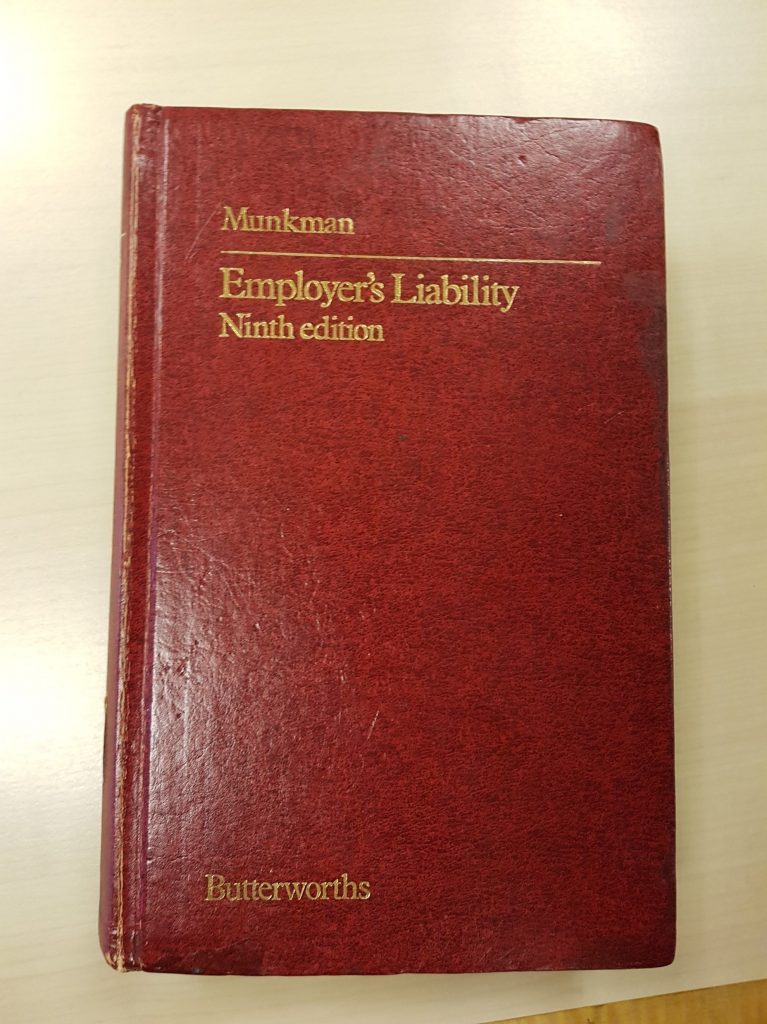
Don’t ask me how, but after many late-night brain-racking sessions coupled with referrals to seniors’ well-crafted memorandums, I had finally managed to scrape together a legitimate looking document of my own, even though I found my main lines of arguments shaky at best, and untenable at worst. Nevertheless, I promptly sent my memorandum as requested before the deadline and decided to sit back and relax, until the date of the actual moot starts to draw near.
Apparently, my relaxation period dragged on for a little too long when I started to frantically prepare on the morning of the moot itself. I thought that it would be a piece of cake, to deliver a 12-minute speech while referring to the memorandum, which has all my arguments mapped out anyway, but as my first moot has proven time and time again, how wrong I was!
With a heavy heart, I arrived at Allen & Gledhill LLP, on a bright and sunny Saturday morning, feeling as though doomsday was impending. A smartly dressed boy decked out in black and white, complete with the classic blazer and tie, was hunched over the benches outside A&G, focusing intently on his crisp black folders. I discovered upon speaking to him that he was a year 2 student in SMU and shamelessly sought his help for a crash course. Up to this point, I had completely no idea of what the exchange of memorandums was even for, and he pointed out to me that I was actually supposed to respond to my appellant’s arguments and direct attention to the arguments in her loopholes. It was reassuring to have someone to talk to (see: burden) before the final 12 minutes, and generally, everyone was extremely supportive. That lent me an incredible amount of willpower to carry on this journey that I had flippantly embarked on.
To my surprise, I felt unexpectedly calm when it was my turn to face the music judges. Taking a deep breath, I told myself that “Hey, you’re in this for the free experience, you’ve got nothing to lose anyway,” before plunging into the fray.
My head snapped up to attention the moment the appellant opened her mouth to speak. She started by colouring the judge’s minds — which was no easy feat to achieve, the perfect balance of evoking sympathy for her client through painting a picture that is clearly heavily biased in her client’s favour and staying reasonably objective. She spoke eloquently and made consistent eye contact with the judges, hardly looking down at her memorandum at all. It was plain that she had done a substantial amount of preparation when she pulled out cases that I have never heard of before — evidently, it is far from sufficient to rely on textbook cases for your research.
That aside, what really impressed me was her ability to tackle the judges’ question with grace and composure. The judges were determined to fluster her and try to rip apart her seemingly indestructible shell of confidence by insisting that the school does not really have absolute control over the acts of its students, asking her how could the school should be held liable then. Thankfully, her indestructible confidence easily withstood the test of their grilling and she managed to use case authorities that she had found to pleasantly respond to their queries.
Before I knew it, her submission was complete, and I had to snap out of my awe-inspired daze to go up to the podium to make my submission. Copying her clever move, I took my phone with me and used it as a timer to keep track of the time.
“May it please the court, …” I had started, and proceeded to give a very bland and tasteless account of the facts which I had thought were sufficiently favourable to my client. Then I went on to my arguments, only to be told that one of them was not really relevant in this case. The worst part was where I was in the middle of making an argument, and the judge stopped me to ask me what was the court’s holding for the particular case that I had used as an authority for that line of argument. My mind drew a blank and I was surprised to hear myself say, after what seemed like an eternity, “I don’t know.”
Needless to say, my submission was a disaster compared to my appellant’s, and I felt inspired to be a better law student so that I would be able to speak with such aplomb on issues of law. I was pleasantly surprised by how the judges were rather benevolent and offered both of us comments on how we can do better for our next moot. Year ones would typically be lauded for their “bravery” in treading uncharted waters of moots as well.
In retrospect, the moot did not call for as much dread as I had experienced and it was all in all, a pretty good experience. I was pleasantly surprised to have received more comments and feedback from my appellant as well.
If I could turn back time, would I have done it again? Definitely. I think year one is the perfect time to make mistakes and make a fool out of oneself. Because after all, falters and mistakes can be easily dismissed with, “Oh she’s just a year one,” accompanied by a sympathetic pat on the back to affirm the naïve year one’s valour in the undertaking. Year one is a great time to have a taste of different things that law school has to offer and deciding what to eventually stick with for the rest of our university life.
Hopefully, we can all embrace the adventurous side in us and make our journey in law school a fruitful and enriching one!

